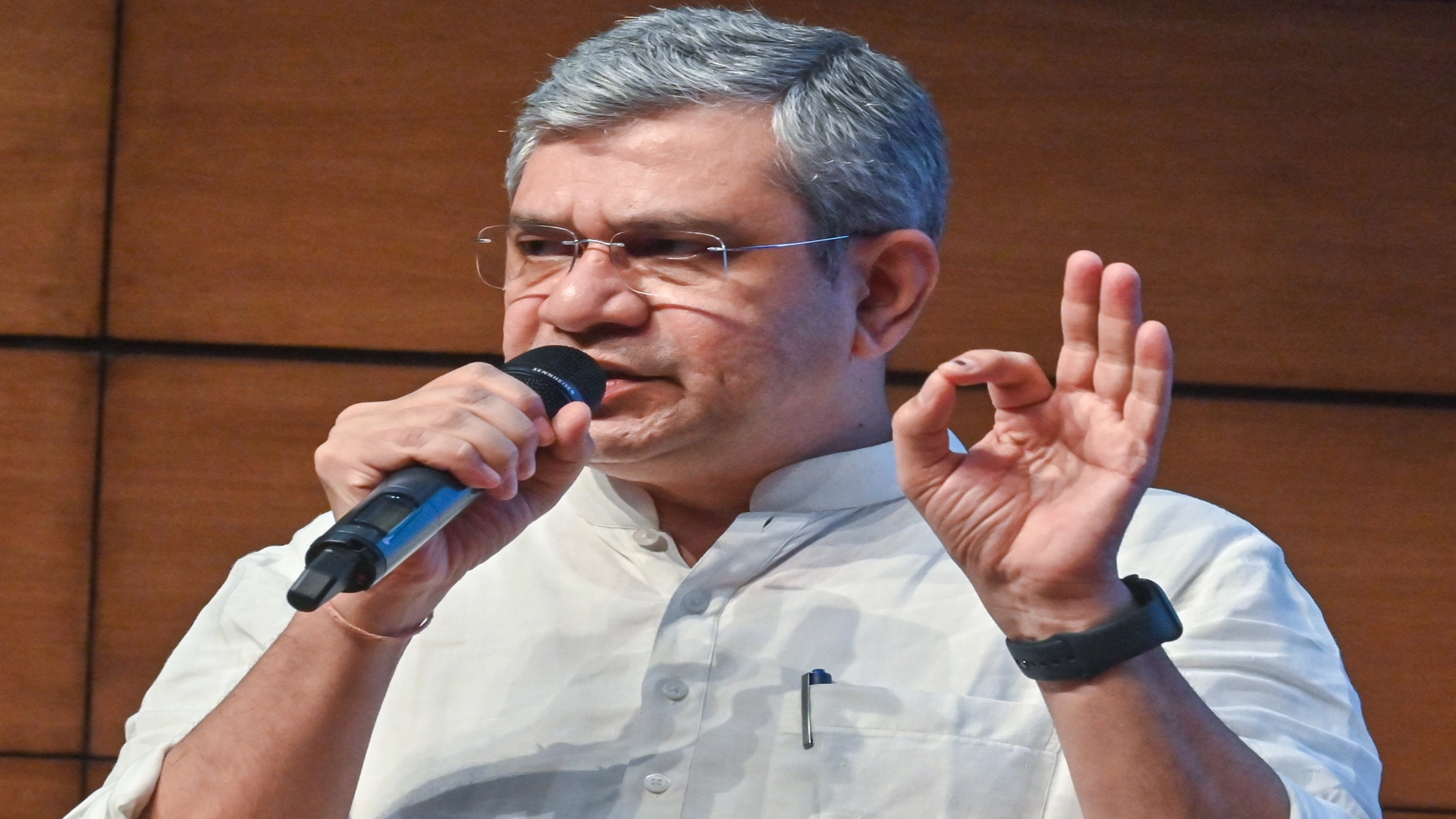
Thousands of participants of the Budapest Pride march wound through the streets of the Hungarian capital on Saturday with marchers voicing their anxiety over the increasing pressure on the LGBTQ+ community from the country’s right-wing government. The 28th annual event comes as the country’s laws, which ban the depiction of homosexuality or gender transition, to minors under 18 have begun to be applied with increasing regularity, resulting in fines and other penalties for those who disseminate LGBTQ+ content.
Before the march, which began in Budapest’s city park, Pride organiser Jojo Majercsik said that while the laws, passed in 2021, didn’t have immediate practical effects, they are now increasingly being used to crack down on LGBTQ+ visibility.
“You can now see how the propaganda law passed two years ago is being applied in practice and how the public discourse has become more angry,” Majercsik said, referring to the 2021 law. “It is now apparent how they are trying to limit the rights of LGBTQ people in the media world, in the world of movies, films and books.”
Majercsik pointed to a number of recent instances of media content that depicted LGBTQ+ people being restricted. This week, a national bookseller was fined around USD 36,000 for placing a popular LGBTQ+ graphic novel in its youth literature section, and for failing to place it in closed packaging as required by law.
Additionally, a 30-second animated campaign video produced by Budapest Pride — in which two female characters meet and touch foreheads — was ruled unsuitable for audiences under 18 by Hungary’s media authority, and may therefore only be broadcast between 10 pm and 5 am. Such policies, enacted by the governing party of Prime Minister Viktor Orban, have led rights groups to warn that the rights of sexual minorities are being rapidly drawn back in the Central European country. Orban’s government portrays itself as a champion of traditional family values, and a defender of Christian civilisation from what it calls “gender madness”. It has repeatedly said its laws were designed to protect children from “sexual propaganda”.
But some Hungarians see the policies as deliberate attempts to stigmatize the LGBTQ+ community for political gain. David Vig, director at Amnesty International Hungary, said that in contrast to some countries in Western Europe and North America where Pride events are celebrations of LGBTQ+ history and culture, Budapest Pride is a way of protesting increasing crackdowns on the rights of lesbian, gay, bisexual and transgender people.















